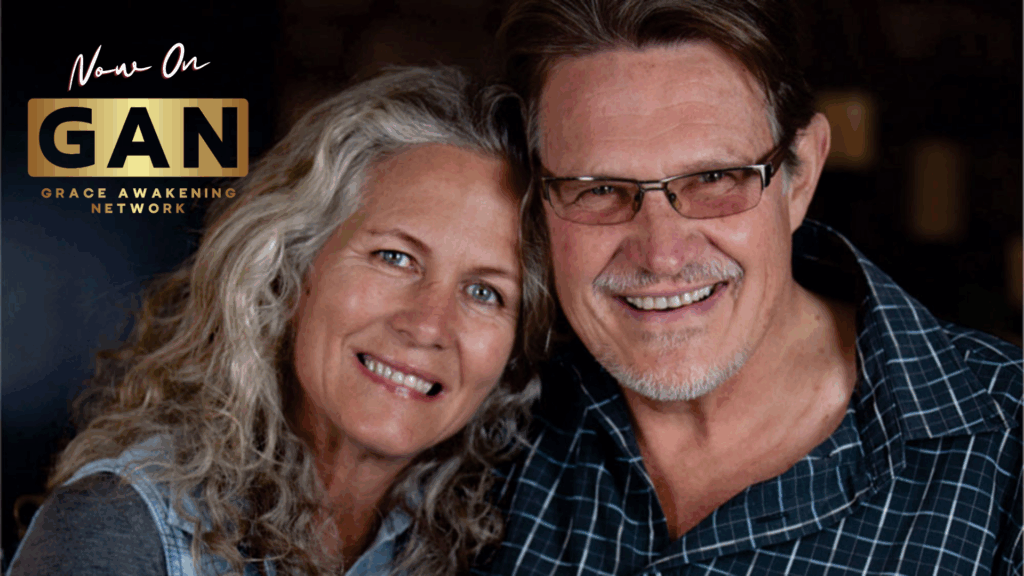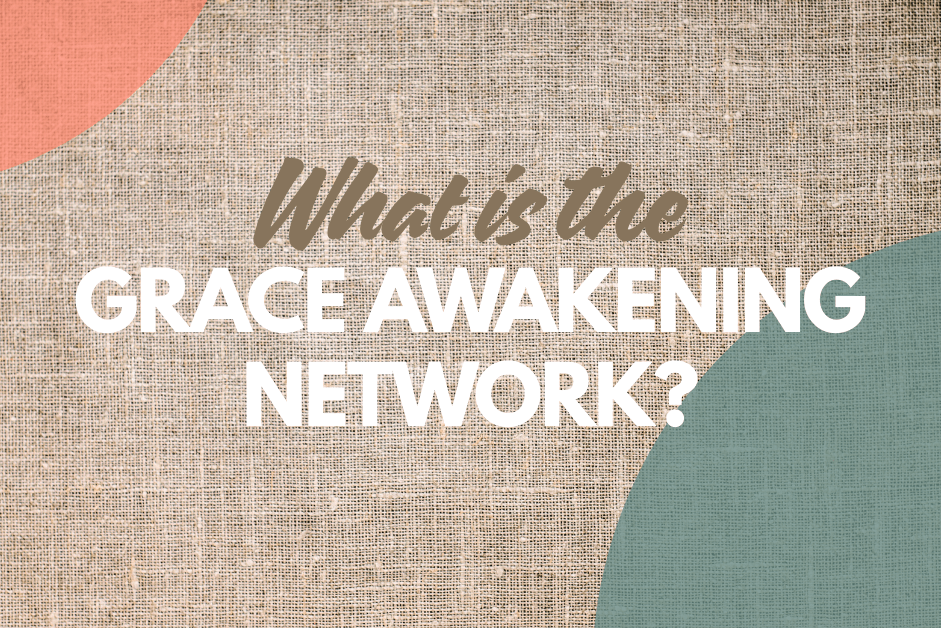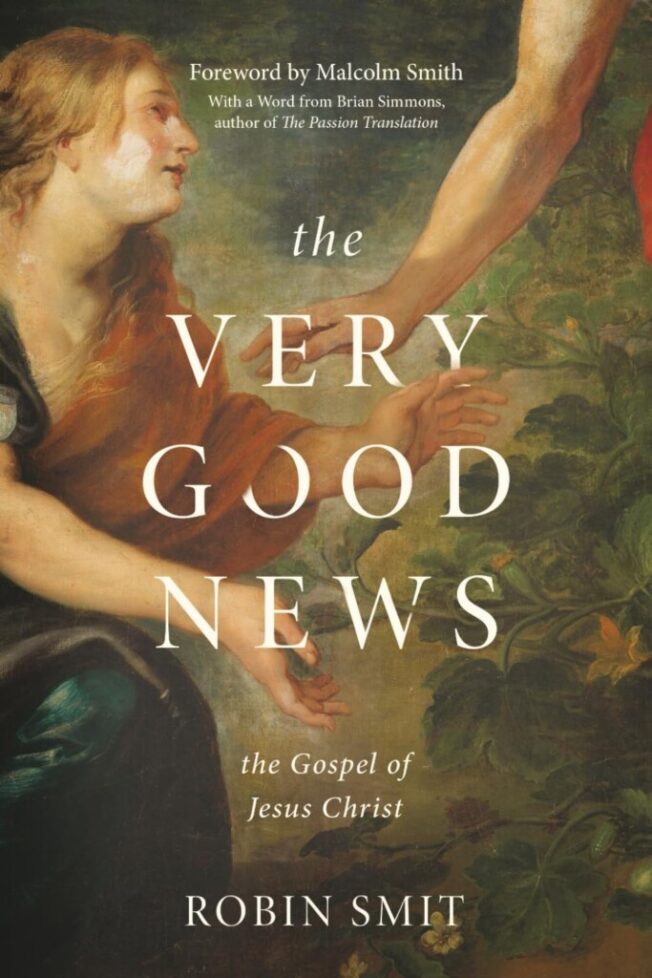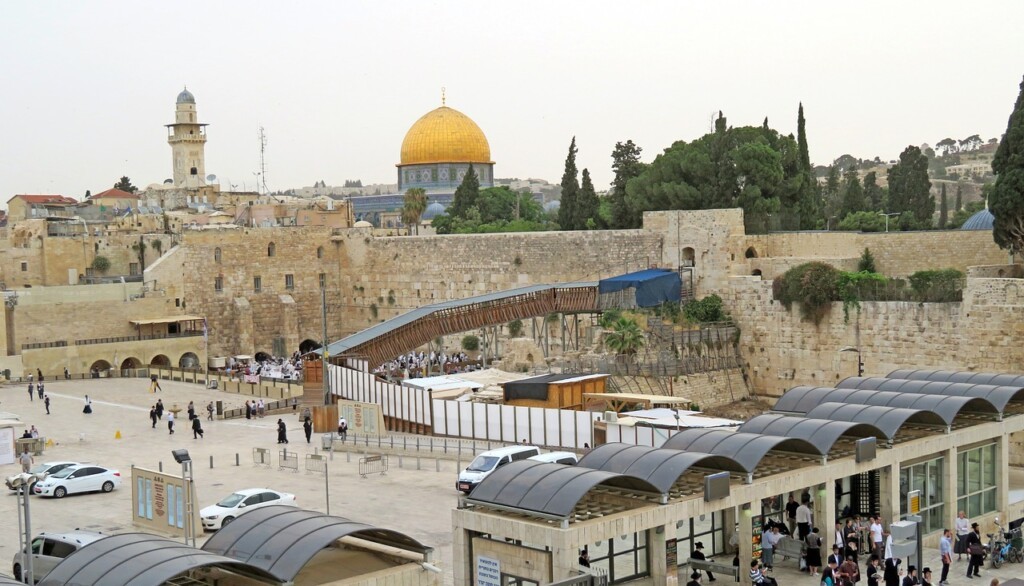Written for GanTV.com by the host of Adventures in Grace with Dr. Brian Vaughn
Jesus’s Promise – “I Will Give You Rest”.
When Jesus says, “Come to me, all who are weary and heavy laden, and I will give you rest” (Matt. 11:28), most of us hear comfort in those words. And rightly so. They offer a sense of peace to our busy and burdened souls. But what if I told you those words were also revolutionary?
Jesus wasn’t just inviting people to take a breather. He was declaring war. Yes, war. Not on individuals, but on the system of religion itself—a system that had kept people shackled, weary, and desperate for approval from a distant, seemingly unapproachable God.
Let’s dig into this bold statement, not with heavy theology or jargon, but with clarity and heart. This is the story of how Jesus turns the tables on religion and invites us into freedom.
The Invitation to Rest: More Than a Gentle Whisper
It’s easy to imagine Jesus softly speaking these words to a group of weary travelers. But let’s set the scene. In Matthew 11, Jesus had been addressing crowds of people weighed down by religious leaders’ endless rules. For them, life wasn’t just tough—it felt impossible.
The Pharisees, the religious elite, had created a system so rigid it was like carrying a sack of stones uphill. Every law and tradition added more weight, and no one could measure up. For them, God’s approval was something earned through constant striving.
Then, Jesus says: “Come to me.” Not to the temple. Not to the rules. Not to the sacrifices. To Him.
This was radical. He wasn’t offering an easier way to follow the system. He was offering Himself as the alternative.

The Revolutionary Jesus
We often picture Jesus as meek and mild, but His words here are anything but soft. When He says His yoke is easy and His burden is light, He’s not throwing out a catchy slogan. He’s throwing down the gauntlet.
He was challenging the entire religious framework of His day. The Pharisees had turned what was meant to be a relationship with God into a heavy, joyless burden. Jesus saw through it and called it out.
Here’s the revolutionary part: Jesus wasn’t just promising relief from physical exhaustion or emotional stress. He was breaking chains—chains that had bound people to a way of life focused on rules, rituals, and relentless effort to earn favor with God.
This wasn’t just about their struggles. It’s about ours too. How often do we find ourselves striving to be “good enough”? How many of us still live like God is more interested in our performance than our hearts?
Where Religion Began
To understand why Jesus’ words matter so much, we need to look back. Religion, in its oppressive form, has roots in humanity’s earliest days.
Think about Adam and Eve in the Garden of Eden. After they disobeyed God, what’s the first thing Adam said? “I was afraid.” That’s the first word in the vocabulary of sin: fear. Watch Brandon’s Gan Tv teaching What is Sin?
From that moment, humans began to see God through a lens of suspicion. Instead of trusting His love, they feared His judgment. Religion grew out of this fear. It became a way to try to bridge the gap between us and God. But it was doomed from the start because it relied on human effort.
Religion says, “You’re not enough. Work harder. Do more. Maybe then God will accept you.” It’s a treadmill with no end.
But Jesus came to end that cycle. He didn’t come to patch up the broken system; He came to replace it.
Jesus vs. Religion
Let’s get one thing straight: Jesus isn’t against genuine faith or tradition. What He opposes is a system that traps people in fear and guilt.
Consider His words in Luke 4:18, where He declares His mission: “He has sent me to proclaim liberty to the captives.” Most of us think of captives as people trapped by sin or addiction. That’s true. But Jesus also meant those imprisoned by religion.
To Jesus, religious bondage was as harmful as sickness or sin. He saw how it crushed people’s spirits. He saw how it distorted their view of God.
Here’s an example. When He healed on the Sabbath, the Pharisees were furious. To them, keeping the Sabbath rules was more important than the person in front of them. But Jesus showed that God’s heart was for the person, not the rule.
Time and again, Jesus dismantled their system. He showed people that God isn’t a distant taskmaster but a loving Father.
The Smog of Religious Bondage
Have you ever been so used to something that you didn’t even notice it anymore? Like the smell of your own house or the background noise in a busy café? You only realize it’s there when you step away for a while.
That’s how religion works. It’s like smog. When you’re in it, you can’t see it clearly. It just feels normal—maybe a little heavy, but normal all the same.

I once lived in a city wrapped in a thick blanket of pollution. Day to day, I didn’t notice the haze. But one day, I flew out and got a bird’s-eye view of the city. From up there, the smog was impossible to miss. It hung like a brown fog over everything. That’s when I realized what I’d been living in.
Religion does the same. It creates a fog that clouds our view of God and ourselves. Inside it, we can’t see how weighed down we are. We just keep trudging forward, doing what we’ve always done, hoping it’s enough.
But when we step out—when we see things through Jesus’ eyes—we realize we’ve been breathing in lies.
Jesus invites us to leave that smog behind. His call isn’t just to take a break. It’s to breathe fresh air, to live in the freedom of knowing we’re loved, not judged.
Freedom in Christ: Redefining Rest
Rest is a funny word. For many of us, it means collapsing on the couch after a long day or taking a vacation. But when Jesus talks about rest, He means something deeper.
He says, “Take my yoke upon you and learn from me.” A yoke isn’t something we think of as restful. It’s a tool farmers use to harness oxen for work. Why would Jesus use that image?
Because it’s not about the absence of work—it’s about the kind of work. A yoke connects two animals so they can pull together. When we take Jesus’ yoke, we’re no longer struggling alone. He carries the load with us.
And here’s the thing: His yoke isn’t heavy. It’s light because it’s powered by love, not fear. In religion, we work to earn God’s favor. In Jesus, we work from a place of already being loved.
That changes everything. Instead of striving, we start living. Instead of performing, we start trusting.
This is the rest Jesus offers—a rest that fills our souls even as we walk through life’s challenges.
Breaking the Chains
So how do we step out of religious bondage and into the freedom Jesus offers? It starts with trust.
Trust that when Jesus says, “Come to me,” He means it. Trust that His love isn’t something you have to earn. It’s already yours.
For some, this is the hardest part. We’ve been conditioned to believe we’re not enough. That we have to do more, try harder, be better. But Jesus flips that script. He says, “I’m enough for you.”
Next, let go of the idea that God is distant or demanding. Look at Jesus. He’s the perfect picture of God’s heart. If you’ve been stuck seeing God as angry or cold, let Jesus show you the truth.
Finally, take Him at His word. Rest doesn’t mean doing nothing—it means living in a way that reflects your freedom. It’s about walking through life knowing you’re loved, forgiven, and secure.
Religion wants to keep you in chains. Jesus wants to set you free. He’s already declared war on the system that burdens you. Now, He’s inviting you to live in the victory He’s won.
So, what will you do with His invitation? Will you keep carrying the weight, or will you step into the fresh air of His grace? The choice is yours. And trust me, freedom is worth it.
Jesus’ words in Matthew 11 aren’t just a call to rest—they’re an invitation to freedom. He’s saying, “Step off the treadmill. Stop carrying the weight of trying to earn what I’m giving you for free.”
The next time you read those verses, don’t just hear a soothing whisper. Hear the bold voice of Jesus calling you into something deeper. Rest isn’t just relief from hard work; it’s living in the freedom of knowing you’re already loved.
And that, my friend, changes everything.
Connect with Dr. Brandon Vaughn HERE












When we speak about the Holy War we stand in the door of a new Path in front of Us. The path of the Bride. Where we enter the Love of the Bride and the Bridegroom and the War done by the Bride.
Rev. 19: 6 And I heard as it were the voice of a great multitude, and as the voice of many waters, and as the voice of mighty thunderings, saying, Alleluia: for the Lord God omnipotent reigneth.
7 Let us be glad and rejoice, and give honour to him: for the marriage of the Lamb is come, and his wife hath made herself ready.
8 And to her was granted that she should be arrayed in fine linen, clean and white: for the fine linen is the righteousness of saints.
9 And he saith unto me, Write, Blessed are they which are called unto the marriage supper of the Lamb. And he saith unto me, These are the true sayings of God.
10 And I fell at his feet to worship him. And he said unto me, See thou do it not: I am thy fellowservant, and of thy brethren that have the testimony of Jesus: worship God: for the testimony of Jesus is the spirit of prophecy.
11 And I saw heaven opened, and behold a white horse; and he that sat upon him was called Faithful and True, and in righteousness he doth judge and make war.
Bless you Johan, thank you for taking the time to comment. Gan Tv, Managing Editor